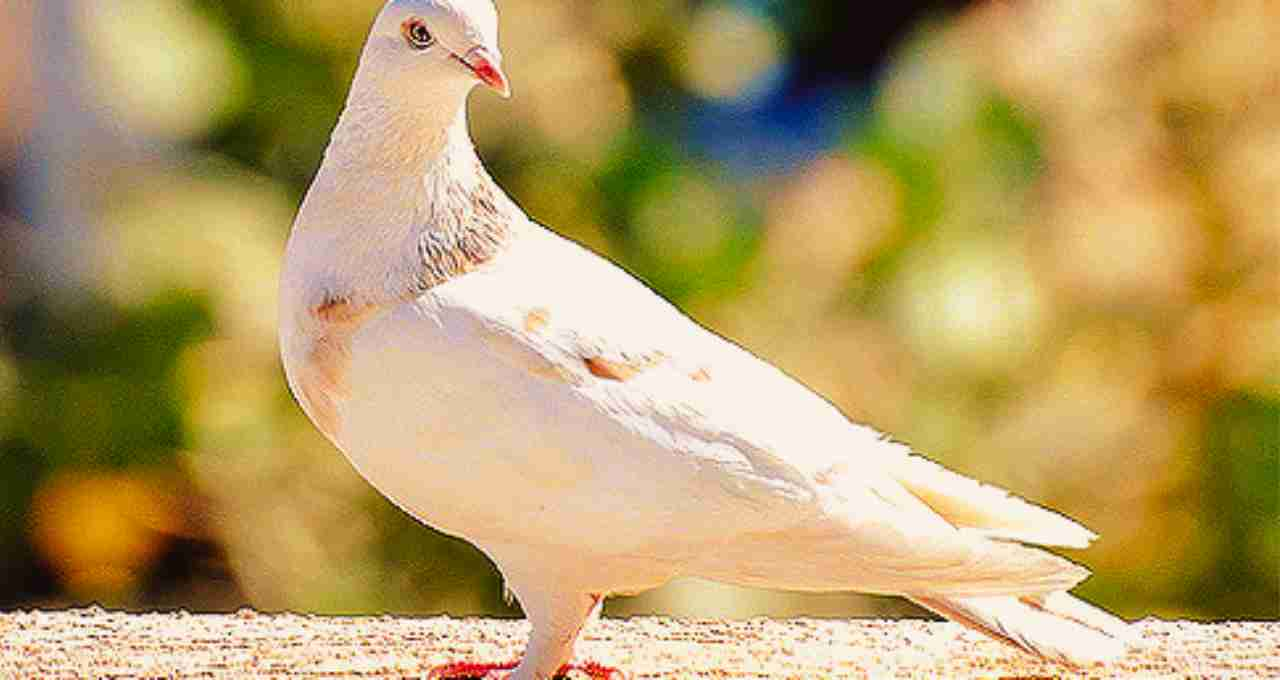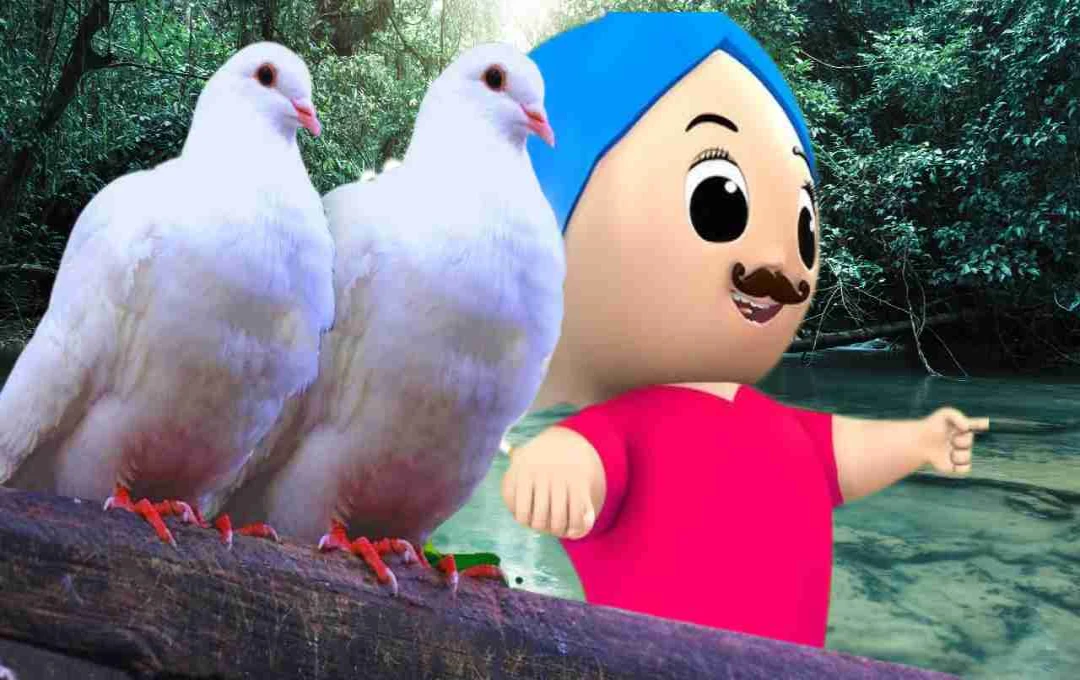When Professor Vladislav Ebshuts' wife passed away, he was left with only books and a few pet birds. He was a history professor, but resigned his position due to a group of unusual students. These students were associated with the "Zhelpolski gang," more interested in brawling than studying. They wore distinctive golden hats and carried iron rods. Their behavior was extremely violent, and they harbored a deep hatred for Jews. The professor could never understand the source of their animosity.
Anger was evident on the students' faces: flushed cheeks, acne-ridden necks, and broad noses. They demanded separate seating for Jewish students, further poisoning the classroom atmosphere.
After leaving his job, the professor received a meager pension, making it difficult to manage his household. He had an elderly housekeeper, Tekla, a former farmworker, who remained with him despite him ceasing her wages. Neither he nor Tekla had any teeth, so Tekla prepared soup twice a day. There was no need for new clothes or shoes; his wife's old coats and dresses, preserved by mothballs, remained in use.
A World of Books and Birds
Over time, the professor's library grew immensely. His cupboards, chests, cellars, and attics—all overflowed with books. While his wife was alive, she meticulously kept the books organized; after her death, they fell into disarray. Along with his love for books, the professor cherished birds. He had collected numerous cages containing parrots, parakeets, canaries, and other species. However, he didn't keep them confined; they were free to fly around the house.
Tekla was bothered by the birds' mess, but the professor would laugh and say, "What is unclean about God's creatures?" For him, they weren't just birds; they held a sacred, almost devotional significance.
A Spiritual Connection with Pigeons

Every morning and evening, the professor would go out to feed the pigeons. His small, stooped frame made him easily recognizable from afar. His wrinkled face, yellowish-white beard, eyes peering from behind thick spectacles, and perpetually worn green coat became his signature look. He didn't speak, but the pigeons would gather at his approach.
His house was located in an old lane with minimal traffic. The pigeons lived there peacefully, without noise or fear. The professor considered feeding them an act of worship, saying, "Serving these creatures of God is true religion."
Learning from Pigeons
The peaceful nature of the pigeons taught the professor many things. He had read about the Greeks' fondness for pigeons and now understood why. Pigeons have neither claws for hunting nor means of storing food. Yet, they fly all day and eat whatever food they find. Their cooing possesses a gentle melody. However, some pigeons exhibit aggression, preventing others from feeding.
This reminded the professor of his old university, where some students had oppressed others. He reflected that just as some pigeons are aggressive, so too are some humans. This thought led him back to profound questions about life and nature.
A New Direction in Life
Teaching history had allowed the professor to observe and understand various aspects of life. He pondered why humanity repeatedly engages in conflict and inflicts suffering upon itself. While initially influenced by thinkers like Karl Marx, he later leaned towards spirituality and nature.
He developed a keen interest in studying animals and birds. His library filled with books on fauna. Though one eye was now failing, he would use a small magnifying lens to examine the structure of a hair. He'd pluck a hair from his beard, place it on a slide, and meticulously observe it. He felt that every hair, every feather, every thing contained God's magic.
Tekla would arrange a fresh bouquet of flowers daily, filling his room and his heart with fragrance. The chirping of birds echoed around him—a parrot squawking "Hungry," another mimicking an "owl," all in Tekla's rural dialect. The professor would smile at these sounds.

The True Meaning of Life
The professor was now completely immersed in the world of pigeons, parrots, and books. He had turned away from the battles of history and the false glories of leaders. He now believed that true peace, true devotion, lay in feeding these birds. He felt that whether human or bird, everyone needs love, peace, and understanding.
He believed that if God truly exists, He would be pleased not by violence, but by compassion and service. Observing the avian world, he concluded that this is the path we should all follow—one of peaceful coexistence. When life's complexities weary us, even small creatures can offer genuine love, peace, and a sense of God's presence.







